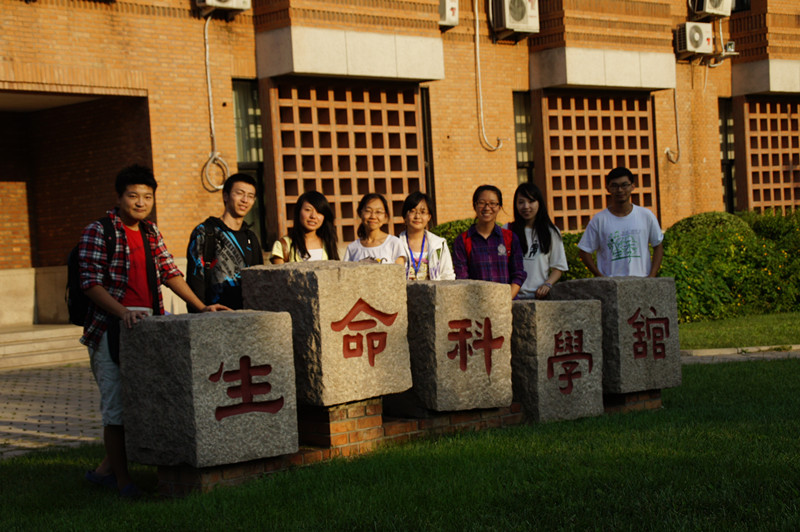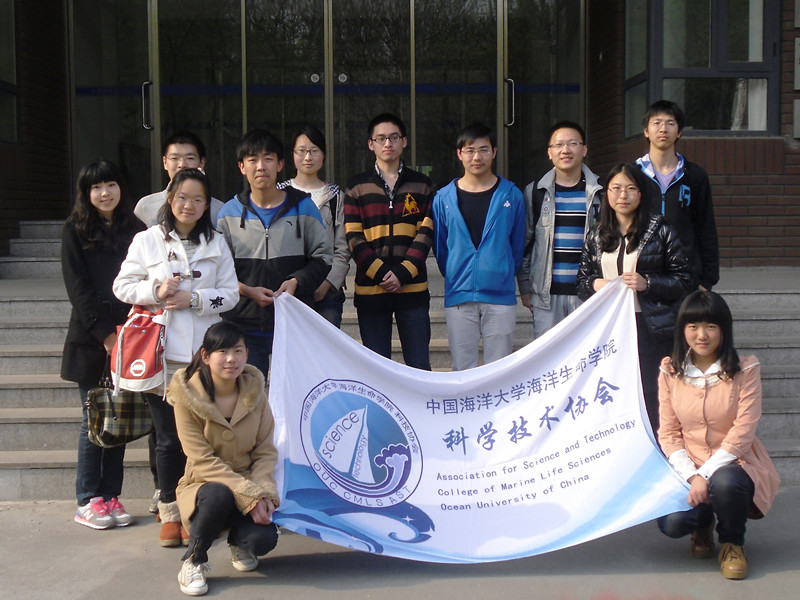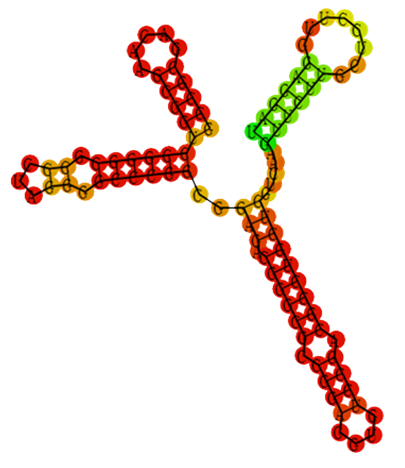Team:Tianjin/Human Practice/Collaboration
From 2013.igem.org
(→BIT-China) |
|||
| Line 361: | Line 361: | ||
<hr /><br /> | <hr /><br /> | ||
| - | <p>Our team helped BIT-China by characterizing the part, | + | <p>Our team helped BIT-China by characterizing the part, BIT submitted the standard part to the registry.</p> |
| + | </html> | ||
| + | ==characterizing a part== | ||
| + | <html> | ||
| + | <p>We have helped the team BIT-China to verify the function of the RNA thermometer in BBa_K1117009. RFP is linked to this part and we observed its expression by fluorescent microscope. The result shows that SD sequence region is occluded at 30 °C, partial melting occurs at 37 °C, whereas an increase to 42 °C facilitates the mRNA–ribosome interaction owing to full liberation of the SD and AUG start codon. The result could be seen in following pictures:</p> | ||
| + | |||
| + | <br/> | ||
| + | <div style="text-align:center;vertical-align:middle;"><a href="https://static.igem.org/mediawiki/2013/5/5c/Tju-hp-BIT.png" target="_blank" ><img src="https://static.igem.org/mediawiki/2013/5/5c/Tju-hp-BIT.png" width="700px" /></a></div> | ||
| + | <br/> | ||
| + | |||
| + | |||
| + | <p>Website link: <a href="https://2013.igem.org/Team:BIT-China/project.html">https://2013.igem.org/Team:BIT-China/project.html</a></p> | ||
| + | <p>Partsregistry link: <a href="http://parts.igem.org/Part:BBa_K1117009">http://parts.igem.org/Part:BBa_K1117009</a></p> | ||
| + | <br/> | ||
| + | <p>Here is the structure of ROSE RNA thermometer, you can choose to use it or not.</p> | ||
| + | <br/> | ||
| + | <div style="text-align:center;vertical-align:middle;"><a href="https://static.igem.org/mediawiki/2013/1/16/Tju-hp-BIT2.png" target="_blank" ><img src="https://static.igem.org/mediawiki/2013/1/16/Tju-hp-BIT2.png" width="400px" /></a></div> | ||
| + | <br/> | ||
Revision as of 15:40, 27 September 2013
 "
"






